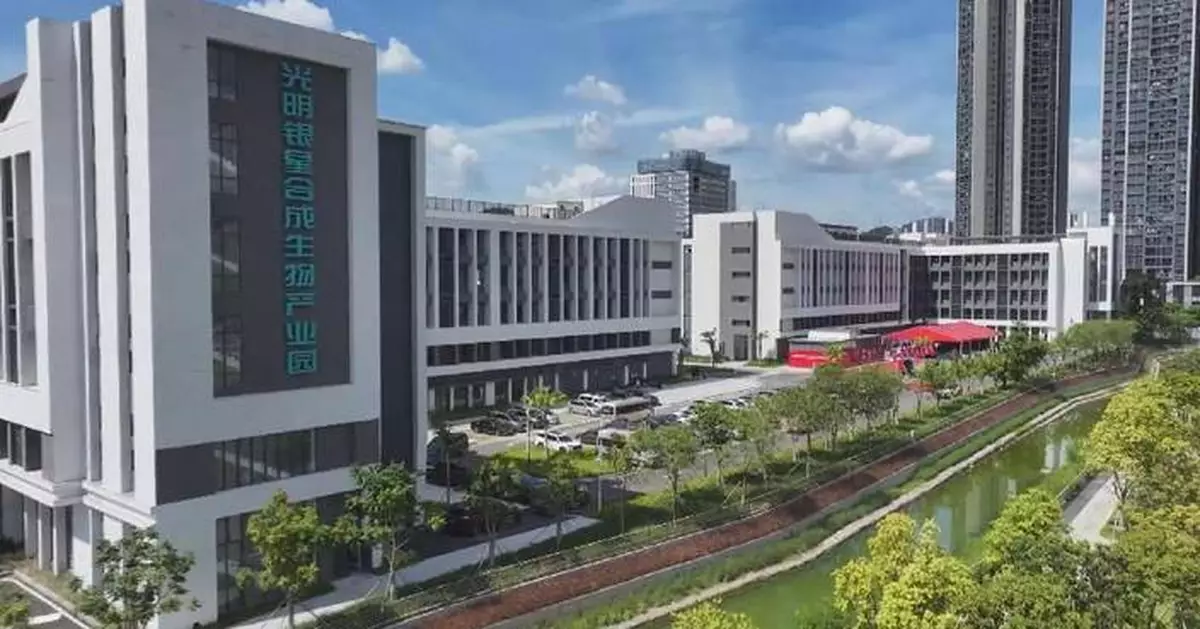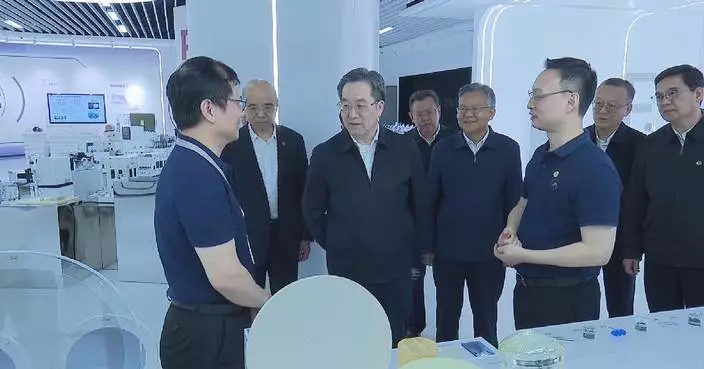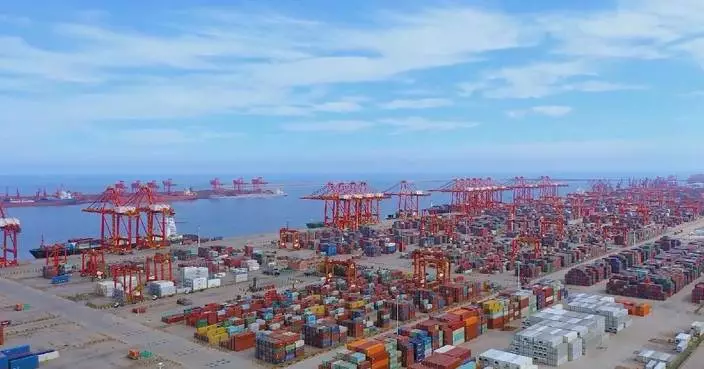The construction of China's first national-level bio-manufacturing innovation center began on Sunday in Shenzhen, a tech hub in south China's Guangdong Province.
The center, led by the Shenzhen Institute of Advanced Technology (SIAT) of the Chinese Academy of Sciences, and supported by industry leaders, is located in the Guangming Science City in Shenzhen.
Featuring six major technological platforms including an automated bio-manufacturing platform and a bioinformatics computational support platform, the center is expected to revolutionize the traditional bio-manufacturing industry through the application of cutting-edge technologies.
"Our six [technological] platforms allow to develop different processes simultaneously in a short period of time, so as to meet the demands for lab-scale and pilot-scale tests in different subdivisions of bio-manufacturing, which will significantly shorten the time cycle from the initial lab research when the results are originally created to state when they are finally industrialized into products," said Liu Chenli, vice president of the SIAT and director of the innovation center.
Once completed, the center will collaborate with other innovation platforms in the Guangming Science City, such as the Major Scientific and Technological Infrastructure for Synthetic Biology Research and the Industrial Innovation Center for Engineering Biology, enhancing synergy among laboratories, upstream and downstream companies, and fostering a comprehensive innovation ecosystem in synthetic bio-manufacturing.
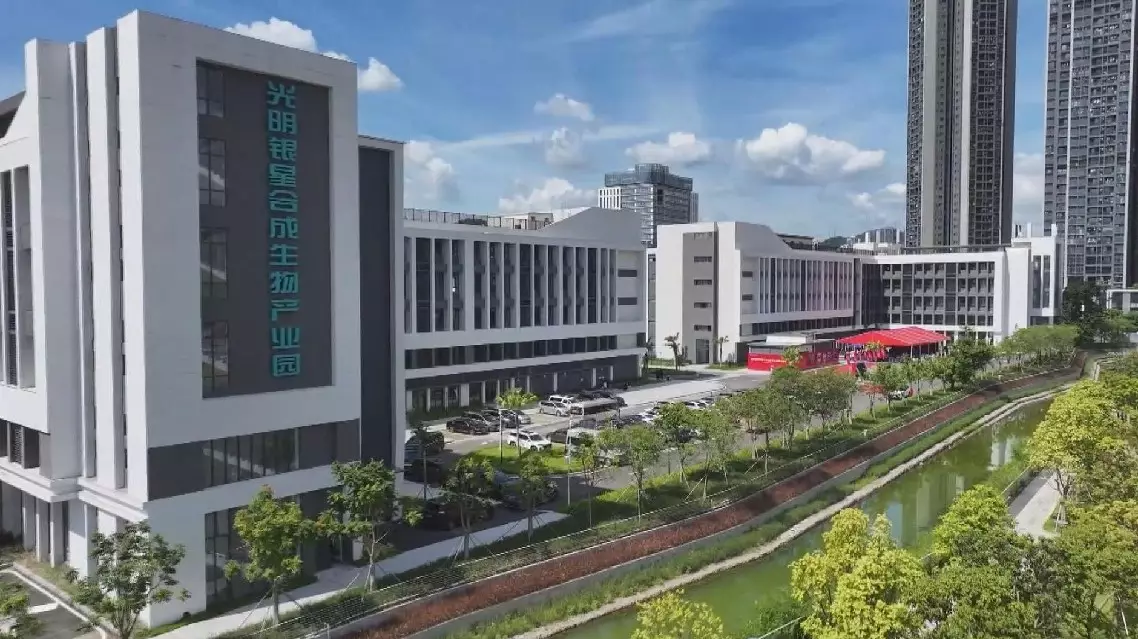
Innovation center for bio-manufacturing starts construction in Shenzhen
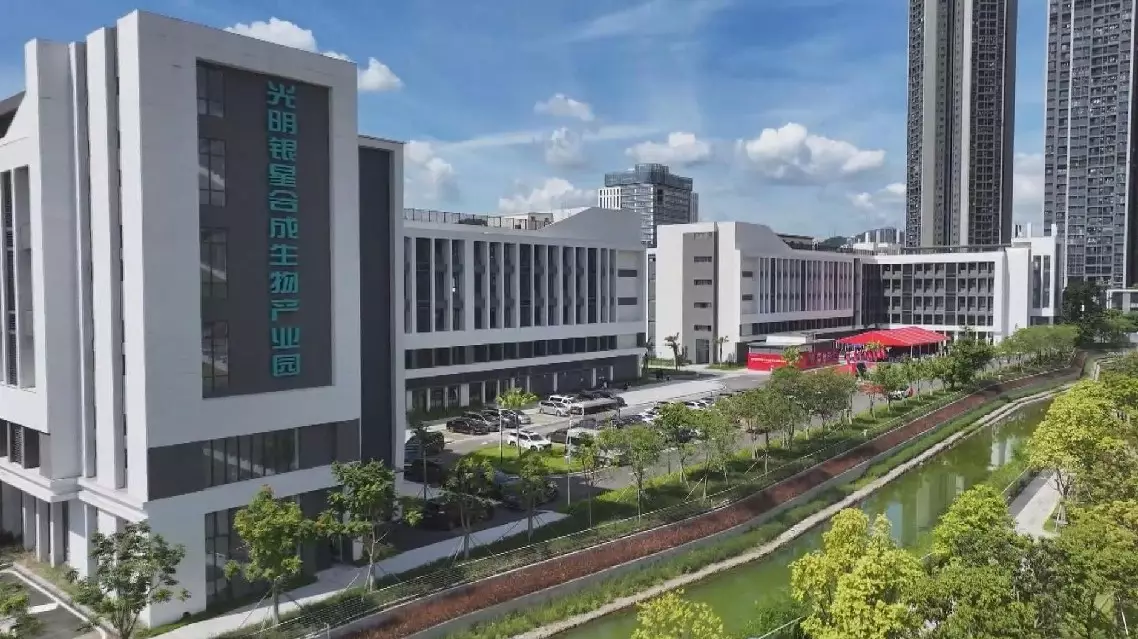
Innovation center for bio-manufacturing starts construction in Shenzhen


